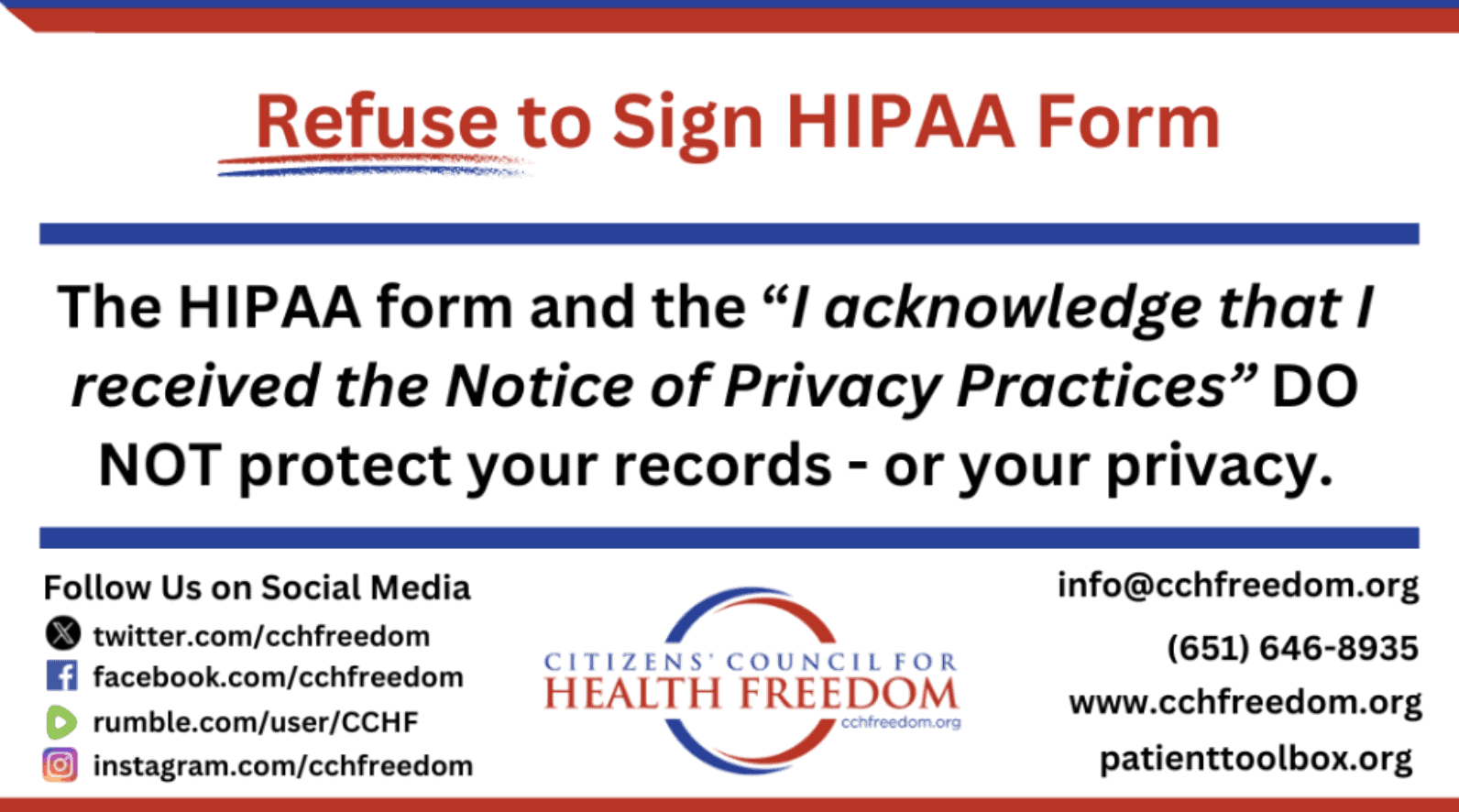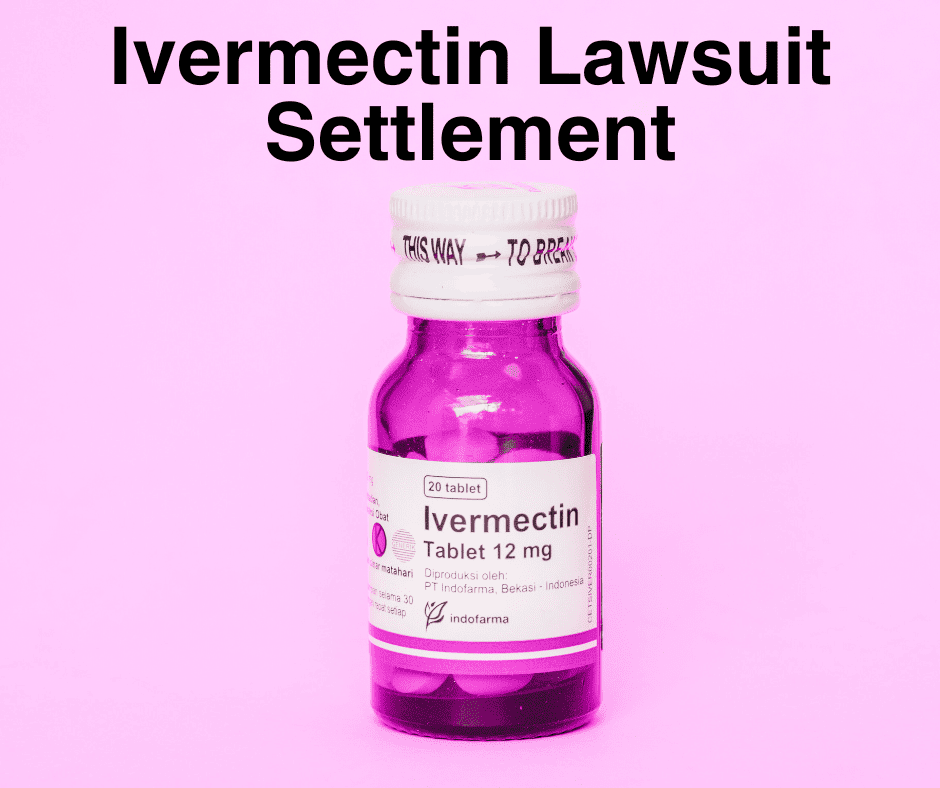Health Care Rationing Proposals
(“altered standards of care”)
(“allocating scarce resources”)
Government Accountability Office (GAO) Report
July 29, 2009
“INFLUENZA PANDEMIC: Gaps in Pandemic Planning and Preparedness Need to Be Addressed”
“Some state officials reported, however, that they had not begun work on altered standards of care guidelines, that is, for providing care while allocating scarce equipment, supplies, and personnel in a way that saves the largest number of lives in mass casualty event, or had not completed drafting guidelines, because of the difficulty of addressing the medical, ethical, and legal issues involved. We recommended that HHS serve as a clearinghouse for sharing among the states altered standards of care guidelines developed by individual states or medical experts. HHS did not comment on the recommendation, and it has not indicated if it plans to implement it.”
“Some states reported that they had not begun work on or completed altered standards of care guidelines due to the difficulty of addressing the medical, ethical, and legal issues involved in making life-or-death decisions in advance of a disaster about which patients would get or lose access to scarce resources…To further assist states in determining how they will allocate scarce medical resources in a mass casualty event, we recommend that the Secretary of HHS ensure that the department serve as a clearinghouse for sharing among the states altered standards of care guidelines that have been developed by individual states or medical experts. In commenting on a draft of this report, HHS was silent regarding our recommendation. HHS, DHS, DOD, and VA concured with our findings.” (Emergency Preparedness, p. 6)
Minnesota Department of Health – January 2009
- “[I]f patients face the realistic prospect that they may be removed from a ventilator if it is needed by another, then these possibilities must be carefully explained to patients and their families throughout the prorocess in which decisions ceoncerning care are made.” (p. 11)
- “The project’s ethical frameworks recommend that persons be prioritized for access to resources based on their status as key workers or their health needs.” (p. 12)
- “The Protocol Committee recommends that age-based rationing be undertaken only after a legal determination is made on behalf of the State that such actions are compatible with federal and state laws on age discrimination. If the community engagement process reveals broad, strong support for age-based rationing, the state should undertake such a legal analysis to assess whether, and if so how, age-based rationing could be implemented.” (p. 13)
- “The Implementation Team recommends that MDH sponsor an organization to develop, implement and administer a system for ethics consultation at state, regional and local levels.” (p. 15)
- “The Implementation Team recommends that the [local institutional ethics advisory groups] LEAG’s findings regarding individual allocation decisions be determinative and unilateral at the institutional level.” (p. 16)
- “[E]ven in the highly challenging context of a pandemic, providers not be fully immunized from liability…” (p. 11)
- “The Protocol Committee recommends against establishment of a plan that allows only legal residents of the state of Minnesota access to scarce resources in the state.” (p. 9)
- “…the ethical frameworks marry endorsement of abstract moral commitments and principles with detailed guidance about implementation concerning which groups it is reasonable to consider prioritizing for access to particular resources, tailored to assumptions about the resources themselves, the disease threat being faced, the levels of scarcity creating the need for rationing, and so on.” (p. 19)
“[R]ationing resources on the basis of risk of mortality/morbidity and effectivenss are familiar and widely accepted clinical considerations. Prioritizing on the basis of individual clinical need alone, however, guarantees neither population protection nor fairness….It could exacerbate health disparities and undermine fair and efficient stewardship of resources in support of Minnesotans’ common good.” (p. iv)
“Key project assumptions” include:
- “two year pandemic”
- “over 32,000 in Minnesota” could die
- “Healthy persons aged 15-40 will join the very old and very young in being at elevated risk of dying from the flu.”
- “[F]ear of infection may reach 40% during the peak weeks of an outbreak. (pp. i – ii)
“While all of the panel’s recommendations require public input, the notion of age-based rationing was particularly controversial and merits broad public consideration.” (p. iv)
Turning Point Model State Public Health Act
September 2003
“The state public health agency may develop standards…for incorporation into group and individual insurance and health plan products [including]…(5) The incorporation into the contract of coverage of public health clinical practice guidelines (i) As part of group and individual health plans generally; and (ii) For use in assessing, treating, and managing physical and mental health conditions during a public health emergency.” (Model State Public Health Act, Turning Point Collaborating for a New Century in Public Health, September 2003, p. 26)
“Preserving the public’s health in the 21st century
requires preserving respect for personal liberty.”









April is “Truth About HIPAA” Month!